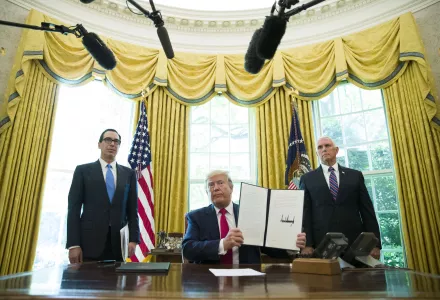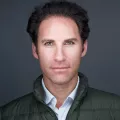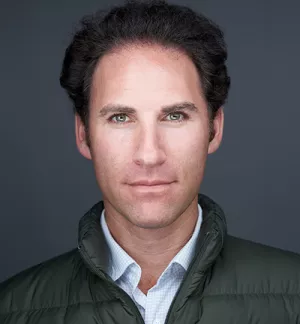
The next presidential administration in January 2021 is confronted with many daunting challenges in domestic and foreign policy. Among the numerous global issues that demand immediate attention are future negotiations in European security, the future competition with China, and the continued instability of the Middle Eastern region, driven largely by Iran. Regardless of the task, a principal player in any future American foreign policy will be a continued utilization of United States financial prowess. Though they are sometimes overlooked, financial sanctions and other tools in the “financial diplomacy” toolbox have more than proven their worth in the past twenty years. From the development of the SWIFT network in the confrontation of terror financing, to the economic sanctioning of Russia in response to its aggressive actions in neighboring territory, understanding of the power brandished by American policymakers in global finance is critical to protecting national interests.
Of course, accompanying this great economic power, is a great responsibility to utilize these tools conscientiously. In the last few years, observers have seen a variety of American sanctions imposed unilaterally across the global economy. These sanctions, while put in place to employ firm diplomatic retribution for irresponsible state actions, lose their efficacy when deployed unilaterally and with little foresight. No matter which administration takes office in 2021, they will need to have a new national security strategy for a more responsible use of the US dollar in their foreign policy. This will allow the United States to retain this tool for utilization in the long term.
For the last several years, policymakers in the United States have already begun to see actions taken by allies and adversaries alike around the globe to limit the power of the dollar in global markets. Though multilateral treaties in the post-World War II political landscape invited the United States to the center of the global economy and international trade, its seventy-year tenure has placed a noticeable strain on foreign governments. Citing the instability of an interconnected economy heavily reliant on the success of American markets and the value of the dollar, Russia, China, and the European Union have all attempted to propose alternatives to the current system.
While Russia and China have long had a determination to dislodge the United States from its position of global economic hegemony, the European Union has also followed suit. The reason for their recent expression of doubt in an American-centric system is due to a reliance on trade with China, a desire to remain involved economically with Iran, and to be self-reliant in the case of global emergency. These are a few of the interests that are put in jeopardy when held closely to such a structure. Another motivation for countries to move away from the dollar is the central role that it plays in cross-border transactions. The sheer entrenchment of the United States currency in every global economic process whether it is commerce, trade, or financial markets, has made its presence unwelcome in many arenas. With the imposition of unilateral sanctions, this presence has faced even more resentment from the international community.
After the election, the world will have begun an anticipatory shift in policy to whatever they may expect from the next four years of American leadership. Regardless of the administration that holds the White House at the beginning of 2021, financial and national security advisors to the president have a difficult job of structuring the next four years of financial diplomacy. To maintain the efficacy of this strategic advantage, these advisors must delicately tailor sanctions policies so that American allies are not further alienated and driven to seek out alternatives to the dollar. With a rising China that is eager to seize a position of global economic hegemony, dislodging the United States in the process, the future of American foreign policy must be incredibly tactful in its imposition of financial statecraft. Central to an acknowledgement of this responsibility is the understanding that dollar diplomacy is not simply siloed to financial events – it is critical in all foreign policy decision making.
As such, we find ourselves at a critical inflection point for American economic supremacy, responsible global leadership, and the liberal democratic order. Will the United States continue to sacrifice critical, lasting relationships with partners and impose their economic weapons without the cooperation of the world? Or will the next four years accelerate the decoupling of the global economy from the US dollar through the irresponsible abuse of unilateral action? Policymakers in the next four years should seek to be agile, find creative economic responses to irresponsible state actions, and pursue a policy of multilateral negotiation before taking misled action based on emotion. In committing to this type of strategy, the United States will at least be trying to regain the trust of its long-term partners and remain influential in the next iteration of the global economy.
Statements and views expressed in this commentary are solely those of the author and do not imply endorsement by Harvard University, Harvard Kennedy School, or the Belfer Center for Science and International Affairs.
Michael B. Greenwald is Director at Tiedemann Advisors. He is a fellow at Harvard Kennedy School’s Belfer Center for Science and International Affairs and a Senior Fellow at the Atlantic Council Geoeconomics Center. From 2015-2017, Greenwald served as the US Treasury attaché to Qatar and Kuwait.
Greenwald, Michael. “How Should the Next President Wield the U.S. Dollar?.” Belfer Center for Science and International Affairs, Harvard Kennedy School, September 21, 2020


